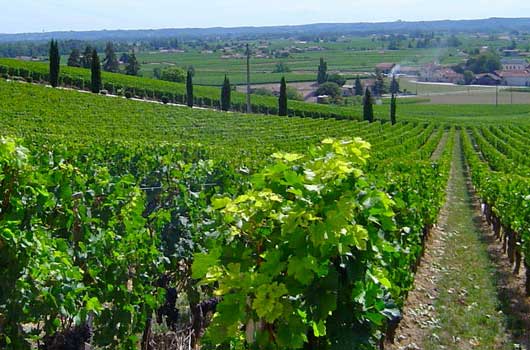China’s love for wine, especially red, has been manifesting itself progressively during the last two decades. The craze started during the mid-1990s, when then Chinese Premier Li Peng surprised the National People’s Congress by toasting the Ninth Five-Year Plan with a glass of red wine, declaring: “Drinking fruit wines is helpful to our health, does not waste grain, and is good for social ethics.”

In China the focus is mainly on French wine and particularly on wine from the Bordeaux region. It is primarily conceived as a status drink in China where most wealth is new wealth. There might not be much difference in taste between a competitively priced Chilean, but a top-end Bordeaux will go down far better at a rich guest’s dinner table.
China is Bordeaux’s top foreign wine market. The Telegraph reports sales going up by 31 per cent last year to a new record of 64 million bottles.

Suzanne Mustacich, author of the book Thirsty Dragon: China’s Lust for Bordeaux, explains to The Telegraph: “The number of Chinese who can afford to buy imported wine at say 28 euro per bottle has actually doubled in the past 3 years from 17 to 39 million.”
Importing wine alone, however, doesn’t cut it for the Chinese. Many from the Chinese billionaire class are buying up the châteaux themselves. Jack Ma, famous owner of the e-commerce giant Ali Baba, has recently purchased the Château de Sours, an elegant sixteenth century estate, for 14 million euros.
On his trip he brought along some of his billionaire friends, who between them, now plan to buy up at least thirty more wine houses in the region.
It’s being said that Mr. Ma was encouraged to buy by Chinese film actress and director Zhao “Vicky” Wei, who bought charming but run-down Château Monlot in Saint-Émilion at the end of 2011.
The list of Chinese owners in Bordeaux is becoming a long one with almost 130 châteaux that have been purchased by mainland and Hong Kong buyers, Bloomberg reports.
Most of them look for architecturally beautiful, historic châteaux in less prestigious areas and plan to exploit their potential as tourism hubs for Chinese visitors.
They sell most -if not all- of what are largely pedestrian wines to the Chinese market.
The number of Chinese owned vineyards in Bordeaux might seem a large one but with 7000 Châteaux in the region much more is still up for grabs and it seems the Chinese thirst for Bordeaux is far from quenched.



 0
0